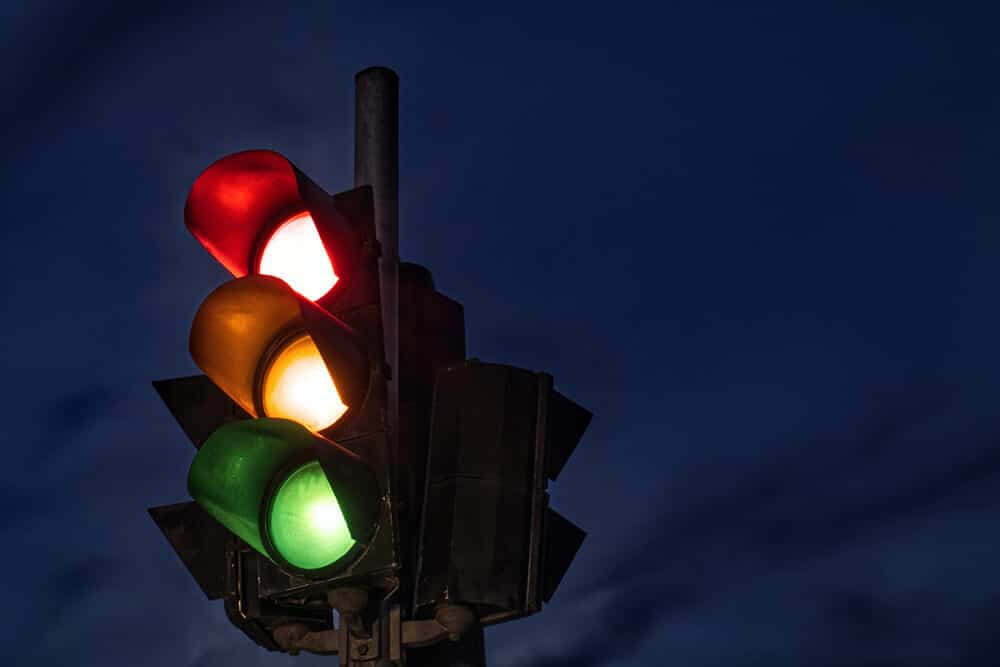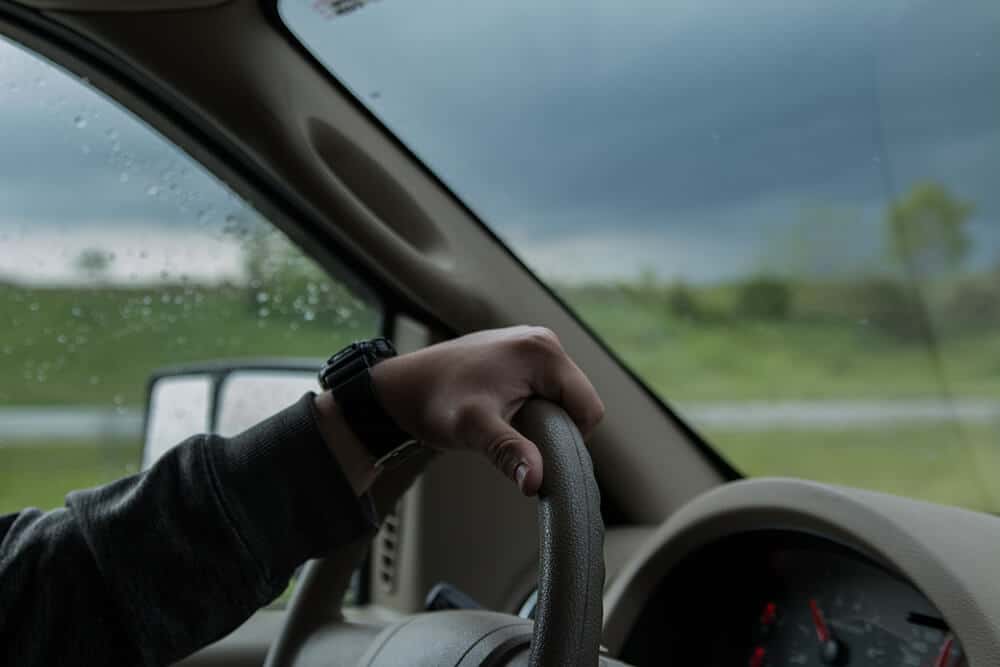When Do Most Drowsy Driving Accidents Occur?

Conversations about car accidents usually revolve around distracted driving or drunk driving, but what about drowsy driving? Fatigue and exhaustion behind the wheel can be just as dangerous as distractions and intoxication. Considering that when you’re sleepy and trying to do any other task it can be more difficult to concentrate, the same thing happens when you’re behind the wheel, and it’s incredibly more dangerous.














